

In an era where change is constant and challenges can arise overnight, leaders must not only navigate crises but also guide their teams toward resilience and renewal.
To this end, Make Your Mark Consultants hosted an online seminar on November 12, bringing together leaders, managers, and professionals to explore how organisations can recover, adapt, and thrive despite uncertainty.
The interactive session offered a blend of practical strategies, real-world insights, and powerful perspectives on how leaders can maintain trust, engagement, and purpose in times of disruption.
The conversation opened with Sonia Wynter, CEO of Tea House Therapy, who explored coping strategies. She emphasised that emotional well-being and trust are critical foundations for any team in recovery, stating, “Teams heal faster when people feel seen and safe.”
Her message underscored the importance of empathy, self-awareness, and communication in helping organisations rebuild from within.
Building on that theme, Danielle Terrelonge, head of division at DRT Communications/1GS, tackled the vital connection between crisis communication, health and wellness.
She discussed how consistent, transparent communication and a genuine culture of care can keep teams aligned even amid turbulence. Encouraging leaders to strike a balance between financial responsibility and compassion, she shared a powerful reminder: “Contain costs, but protect compassion.” Danielle’s insight captured the essence of sustainable leadership—one that protects both people and performance.
The session concluded with Dr Jacqueline Coke-Lloyd, managing director of Make Your Mark Consultants, who brought the discussion full circle by examining the role of clarity, connection, and purpose in crisis leadership. She highlighted that while crises test systems and people, they also reveal opportunities for growth and improvement.
Throughout the seminar, participants gained actionable takeaways to strengthen their teams—balancing operational priorities with wellbeing, communicating with transparency, and creating a culture that supports continuous learning and improvement.

As attendees reflected on the discussions, one theme stood out clearly: recovery is not simply about returning to normal—it’s about evolving. By prioritising both human needs and organisational goals, leaders can turn moments of crisis into defining chapters of progress and purpose.

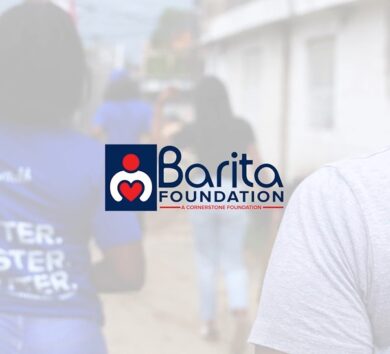
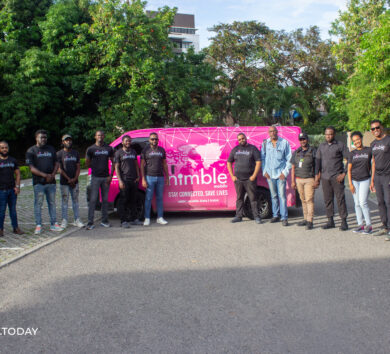
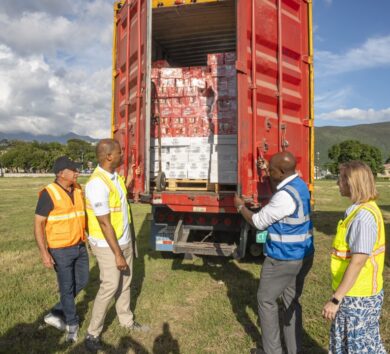

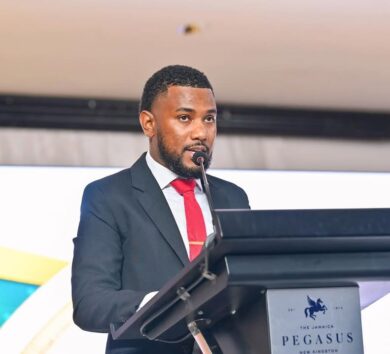
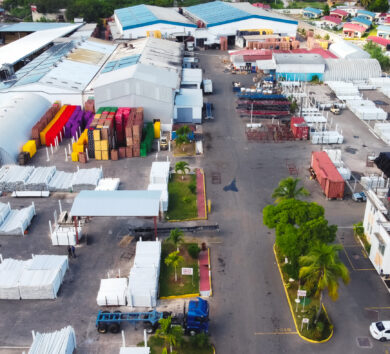
Comments